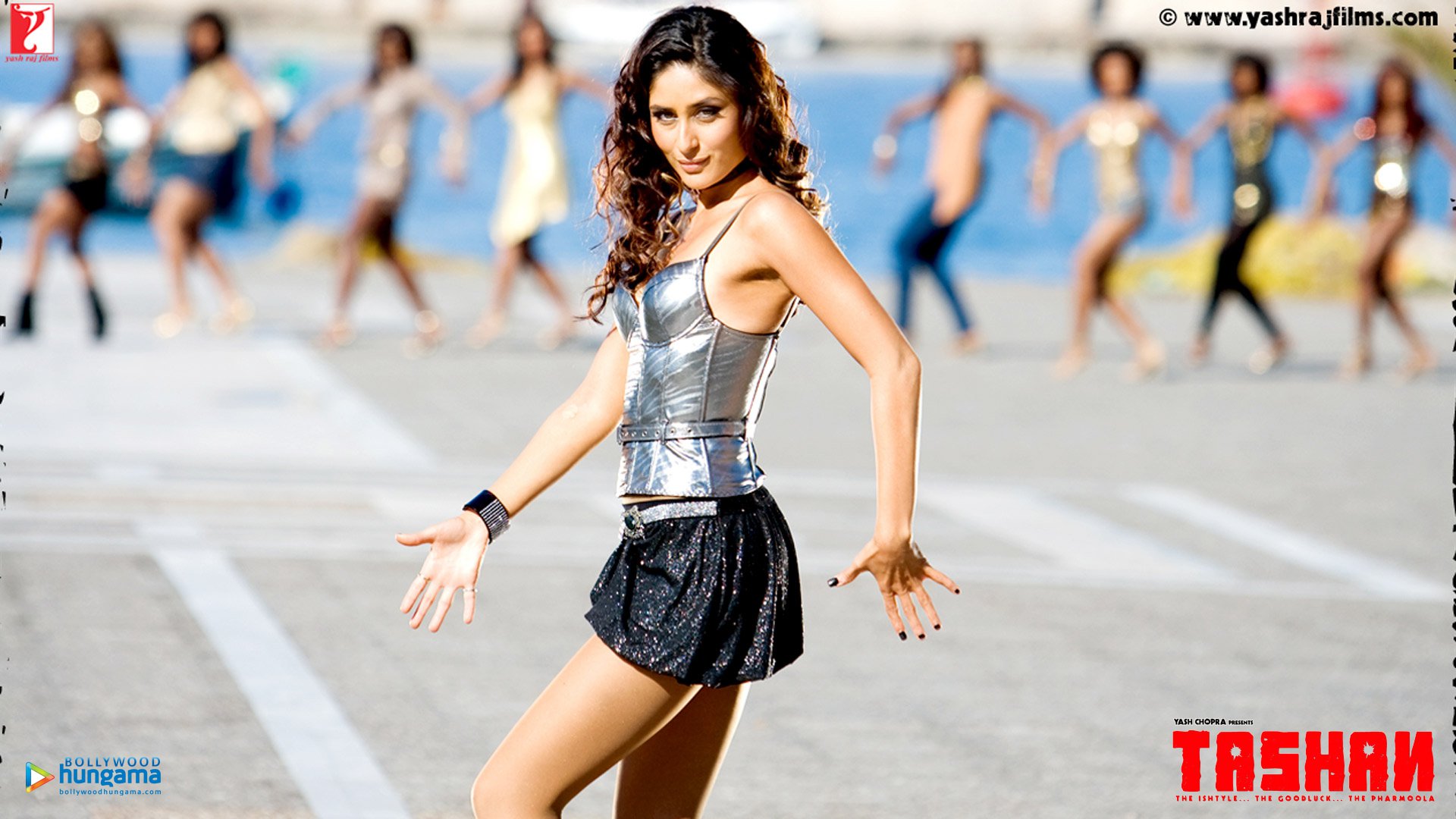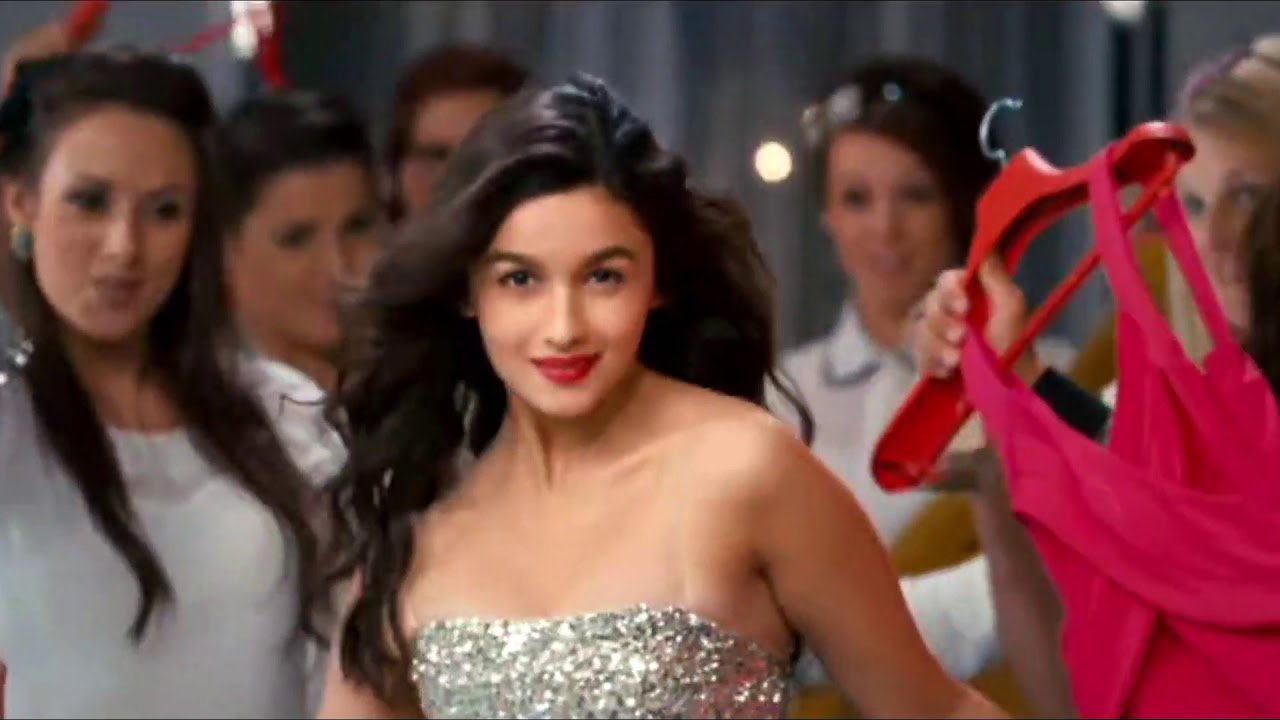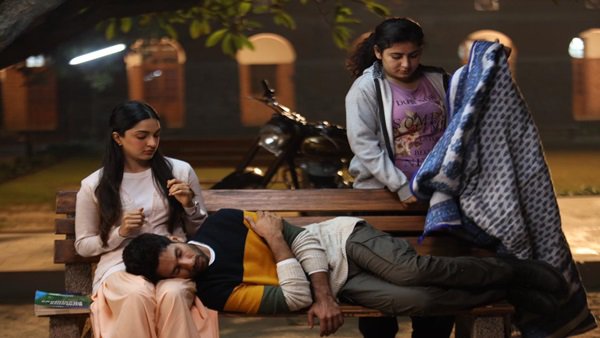Bollywood is an industry that houses gloriously shitty movies like Tashan that are an embarrassment to the term cinema, yet they receive widespread popularity for cosmetic properties such as the introduction of the zero figure. It’s no secret that Kareena Kapoor’s debut film bombed at the box office, but it catapulted her into fame for all the wrong reasons – the main one being her body. The younger Kapoor sister had to lose almost 10 kilograms, enter an extreme caloric deficit, become a slave to the gym and entirely alter her body type to achieve size zero. And because she did, so did the rest of the country. The zero figure gave rise to hundreds of fad diets, led women nationwide to starve themselves and sparked a severe mental health crisis including eating disorders and body dysmorphia, just to name a few.

Another popular victim of this toxic troupe is Alia Bhatt who was famously schooled by Karan Johar to lose weight before the launch of her debut film, another cinematic masterpiece, Student Of The Year. Not only was her radical transformation encouraged but also widely celebrated by the industry. Same was the case for Sonakshi Sinha. Same was the case for Pareeniti Chopra. And so on, and so on. It’s understandable if you ask an actor to alter their weight to cater to a specific role. For example, Amir Khan in Dangal or Bhumi Pednekar in Dum Laga Ke Haisha. But if you’re going to ask your actors to lose drastic amounts of weight just to be arm candy, that’s when it becomes problematic. It’s almost as if Bollywood is deliberately setting up the young actors to be assessed based on appearance rather than talent, and in turn, perpetuating a toxic ideology that states: to be beautiful, one needs to be “skinny.”

No for real, just take a look at how terribly Bollywood treats diverse bodies. Remember that scene in Kabir Singh where the asshole character literally says a statement that loosely translates to: “Fat chicks are like teddy bears. They are soft and loyal. Fat chicks and good looking chicks are a good combination.” Yuck! Who wrote that?

Or in Salman Khan’s Bodyguard where the character of Tsunami Singh is not only named after a natural calamity, but passersby just randomly address him as ‘fatso’ and he obviously cannot catch a running bus because apparently fat people can’t run. Seriously, what’s wrong with Bollywood?
Or Sweetu in Kal Ho Na Ho who was constantly shamed for wearing body-hugging garments and consuming sweets by her own best friend. When you have character portrayals so horrific, it reinforces the idea that being comfortable in your own skin is a crime and in order to achieve eternal love, you must conform to the specific body standard set by Bollywood.
Hindi cinema’s obsession with being thin consumes the identity of most actors. Questions about their craft are sidelined to encourage topics like what green juice they’re consuming. Actors have to go to exorbitant lengths to achieve fitness levels that are practically unattainable. This gives rise to detrimental psychological calamities that in no way, shape or form mimics the reality of the everyday masses.
Several actors like Gul Panag have called out the problem with this phenomenon: “Size zero has sparked low self-esteem issues, resulting in bulimia, anorexia and body dysmorphic disorders. Looking thin is like being a poster girl for sickness and bad health. I believe it’s more important to be fit than be thin and look sick.” Former Miss India Parvathy Omanakuttan also agrees with Panag: “The term size zero is a gimmick to sell certain products in the market.”

Actor Richa Chadha who is hailed for her talent revealed that she battled bulimia because of Bollywood and has spoken out about feeling pressured to look a certain way for her film roles. “I was told I should gain weight, then lose weight, fix my nose and inflate my lips, get a boob job, lose the puppy fat, grow my hair out, or cut it, get highlights, or fake eyelash extensions, squat for a bigger booty, get fake gel nails, run in heels, wear Spanx, pout while talking, focus on dilating the pupils, and listen attentively. I crumbled under the pressure like a wrecking ball had hit me.” Actor Ileana D’Cruz shared her experience of dealing with body dysmorphia, stating that she was a very self-conscious person as she was always picked up for her body type.
The deeper drawback is not only the adverse effects this fat-phobia has on the film fraternity, but that Bollywood has a humongous audience base and the potential to affect a large number of individuals at once. The more it endorses unrealistic body standards the more our country is manipulated into buying it as an ideal worth sacrificing their sanity over. It has the same harmful consequences on the entire general population. Remember Bollywood, with great power comes great responsibility. Do better.

















